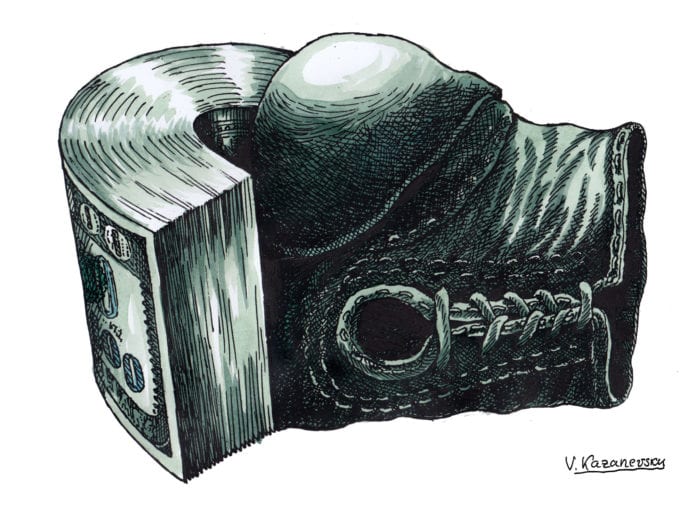BY MARK Y.A. DAVIES
No university that values academic integrity and academic freedom should ever allow its sitting president to serve as a paid director of a for-profit company. The risks of conflicts of interest on the part of the president and undue influence on the part of the company are too great. This is especially the case if the CEO/CEOs of the company/companies are members of the board of trustees of the university.
In the case of when the CEOs sit on the university’s board of trustees, how could the university president make fully objective decisions as a paid director for the well-being of the companies, potentially including decisions about the CEOs when the CEOs are effectively serving as the university president’s boss [with the power to give the university president raises and the power to fire the university president]?
How could the CEOs that serve on the university’s board of trustees make fully objective decisions about the university’s president if he or she is serving on their companies’ boards and has a vote on whether they receive raises or whether their contracts are extended or discontinued?
What if the companies for which the university president serves as a paid director want something from the university that will be beneficial to the companies, like research or programs that will help the bottom line of the companies?
Given that the university president is likely receiving compensation from the companies in the form of stocks, how can the university president make fully objective decisions about what research or what programs the university should provide for the companies when what is good for the companies will likely lead to an increase in the price of the stocks that the university president has been given by the companies?
What if, for example, one of the companies for which the university president serves as a paid director and from which he or she receives stock as compensation wants to pay the university to provide the company with research that it plans to use to lobby the federal government to keep regulations from being implemented that might hurt the bottom line of the company, which might have a detrimental effect on the company’s stock prices?
Any ethical university president would clearly see the glaring conflict of Interest and the threat to academic integrity that such a situation would pose, but a university president with a lot of stock in the company has a lot of incentives not to see the conflict or to willingly ignore it or explain it away.
What if one of the companies has a problem with the research, scholarship, or advocacy of one or more of the professors at the university and asks the university president to put some pressure on professors or perhaps even remove programs that the company sees as being problematic or in conflict with the company’s success?
A university president being paid large sums of money by the company will more likely comply with such grossly unethical requests.
Clearly any university that values academic integrity and academic freedom and that respects its administrators, faculty, staff, and students would never create such a context in which a university president would be allowed to be in such an overt and obvious circumstance of conflict of interest in which for-profit companies might be allowed such inappropriate influence on the life of the university and on the members of its community.








